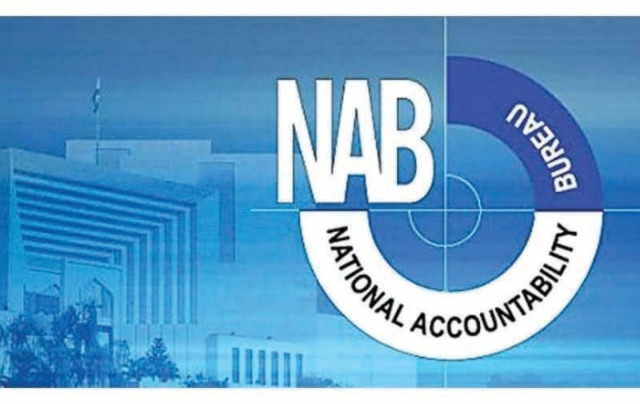NAB barred from arresting MPs directly
Graft-buster to first seek approval from NA speaker, Senate chairman; no arrest at inquiry stage

The federal government, led by the PML-N, has prohibited the National Accountability Bureau (NAB), the country’s top graft buster, from directly arresting elected lawmakers.
NAB will be required to inform the speaker of the National Assembly or the chairman of the Senate about complaints filed against elected members. Any NAB officer found violating these directives will face imprisonment for up to one year and a fine of Rs. 100,000.
According to sources familiar with a recent meeting between the NAB chairman and NA Speaker Ayaz Sadiq, the latter conveyed the new standard operating procedures (SOPs) for addressing corruption allegations against politicians to the NAB chief.
Under the SOPs, if a complaint is filed against a Member of the National Assembly (MNA), NAB will contact the NA speaker. In the case of a complaint against a senator, the graft-buster will first approach the Senate chairman.
No member or political leader will be targeted solely based on allegations, and no member of parliament will be arrested during the inquiry stage.
NAB officers are prohibited from making any statement in the media or public regarding any politician or elected representative. Statements will only be issued by NAB officers once a reference is filed against a political or elected leader.
Officers found violating these directives will face imprisonment ranging from one month to one year and may also be fined up to Rs100,000.
NAB, formed during the rule of former military ruler General Pervez Musharraf, is often criticized as a tool for victimizing political opponents and engaging in political engineering. In recent years, several politicians have called for reforming and even disbanding the watchdog.



















COMMENTS
Comments are moderated and generally will be posted if they are on-topic and not abusive.
For more information, please see our Comments FAQ